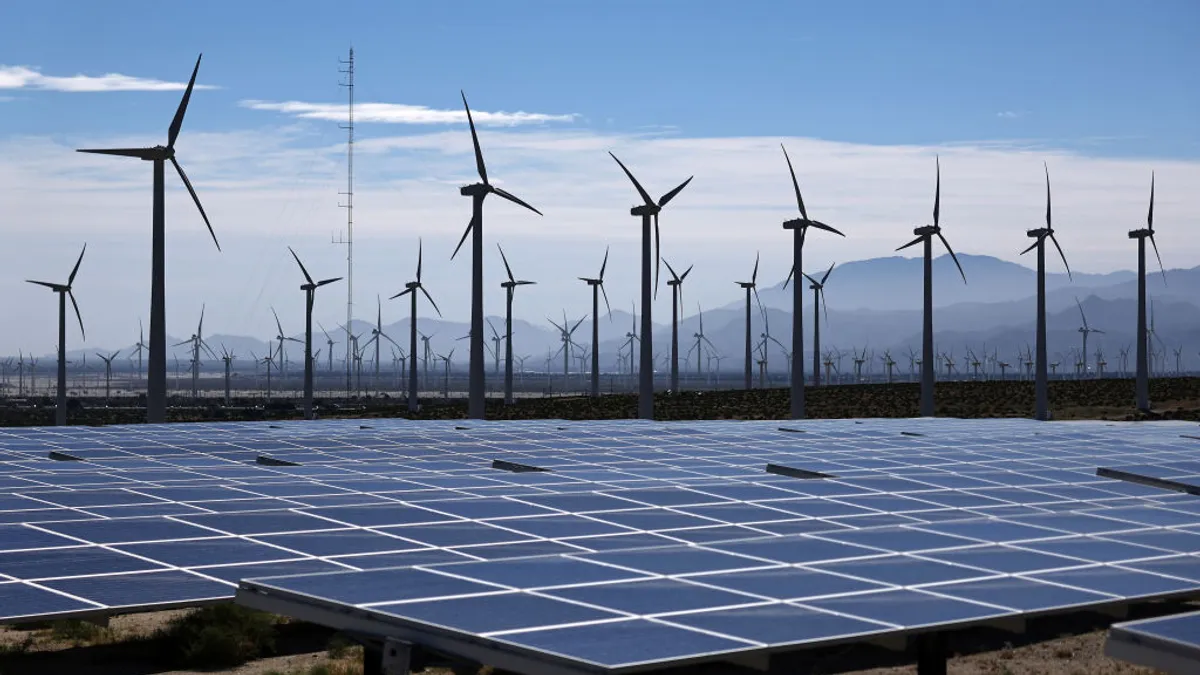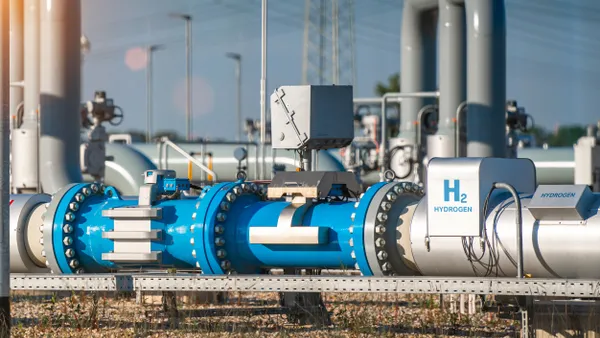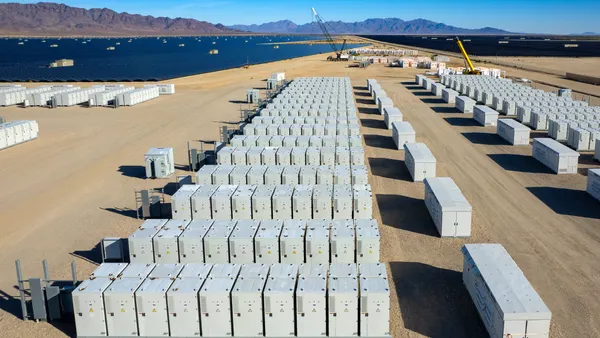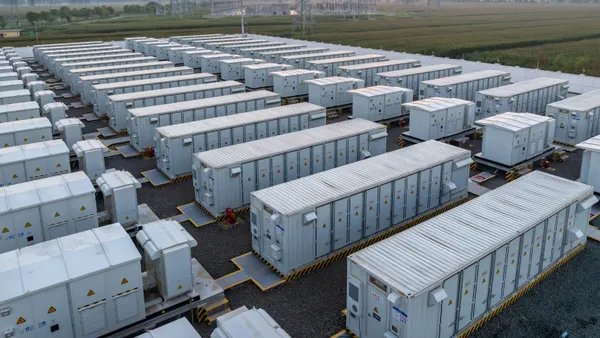Dive Brief:
- The Berkeley, California, City Council unanimously voted this week to ban natural gas infrastructure in new low-rise residential buildings, beginning Jan 1. 2020. The legislation also requires that all new buildings in Berkeley be "electric-ready," with proper panels and wiring conduits to support electric infrastructure.
- Some industrial and commercial buildings with central hot water systems are exempt from the law, as the California Energy Commission (CEC) has not yet proven it is cost-effective or plausible to make such buildings all-electric. "We're doing this on a rolling basis as the CEC finds these things to be effective," said Councilwoman Kate Harrison, who sponsored the bill. The law also does not apply to renovations.
- The bill received unanimous public support during the city council meeting, particularly in comments from PG&E and Sierra Club, and members of the community. The Natural Resources Defense Council (NRDC) also praised the move in a statement, noting, "cities are leading the way to a clean energy future, providing hope and optimism in the face of increasingly dire climate disruption."
Dive Insight:
During a city council presentation called, "Meeting the Climate Challenge in New Buildings," Harrison outlined the impact green buildings have on local climate efforts. She noted natural gas is responsible for 27% of Berkeley's overall greenhouse gas (GHG) emissions and 73% of the city's building sector GHGs. The city is also under pressure from a statewide goal to reduce GHG emissions from building stock by 40% below 1990 levels by 2030.
"Every new building that we build in Berkeley locks in greenhouse gases for 100-plus years," she said, noting methane leaks and other obstacles can increase the problem.
Harrison assured costs of electrification will be favorable for the city in the long-term. In a 2018 report, the Rocky Mountain Institute found, "electrification of space and water heating and air conditioning reduces the homeowner’s costs over the lifetime of the appliances when compared with performing the same functions with fossil fuels." Harrison also said PG&E will have significant increases in gas prices by 2020, which will be offset to customers.
The topic of natural disasters was also a focus of the city council meeting. Berkeley sits on an earthquake fault line, a location where gas can be particularly dangerous. Harrison said it took three weeks to get gas service back after recent earthquakes, and only three days to get electric service back to the city. She also mentioned gas prices are subject to more volatility in the face of natural disasters like earthquakes.
While phasing out natural gas will not be a reality for every building, the mandated preparation for electrification will be significant as more electric vehicles (EV) come online. California is increasingly looking at ways to incentivize EV purchases, which will in-turn require cities to have proper charging infrastructure, particularly in their buildings. While Berkeley is currently home to a number of EV charging stations, the city will need to install more to keep up with demand.
NRDC notes that more than 50 other California cities are exploring similar building measures, which are being encouraged by groups like the Building Decarbonization Coalition. While Berkeley is the first U.S. city to take this step toward all-electric buildings, it will likely start a ripple effect toward more green building standards.
CLARIFICATION: This piece has been updated to clarify which buildings are currently exempt from the law.















